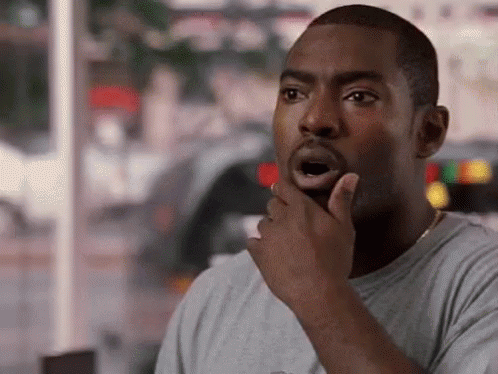You opened Black Panther with a prologue set in 1992. I wondered if we might expect more hero stories to be set in that time period going forward?
I would say no. I mean, in terms of Captain Marvel and a young T’Chaka in ’92, no. That’s not where we’re headed. But we would talk about the ancestral plane sequence [in Black Panther] where, towards the end of the movie, T’Challa takes the herb again and encounters his father, where he’s like, “Hey, man. We’ve kind of screwed up, and I want to change it.” There’s that moment where all of the ancestors come behind T’Chaka. We would joke and go, “I want to see … what’s their story? What’s that story? Who was Bashenga, the first king of Wakanda? Who’s that third to the left, behind T’Chaka? What was their story in Wakanda in 1938? That would be cool.” It all starts as conversations like that. The more audiences want to see these stories, the more opportunities we have to explore different places and time.
Usually, we get three stand-alone movies for a single hero, then some team-ups. But is there potential in Black Panther beyond that? I see people saying, “I want a Dora Milaje movie. I would like a Shuri movie.” Do you see more potential there, or do you think you’ll stick with that kind of three-act structure that you’ve followed in the past?
I think there’s lots of potential. It’s a balance between leaving people wanting more and then giving them too much, but I would watch a movie about any of those characters you just named. I think Shuri’s astounding, and you’ll see much more of her in our universe. Okoye, I think I’d watch three action films just Okoye. I’m not saying we’re doing that, but I’m saying that we’re intrigued by them. Frankly, as I’ve said before, finishing these first 22 movies is really all we’re thinking about at this point.
 people think she needs more feats.
people think she needs more feats.









